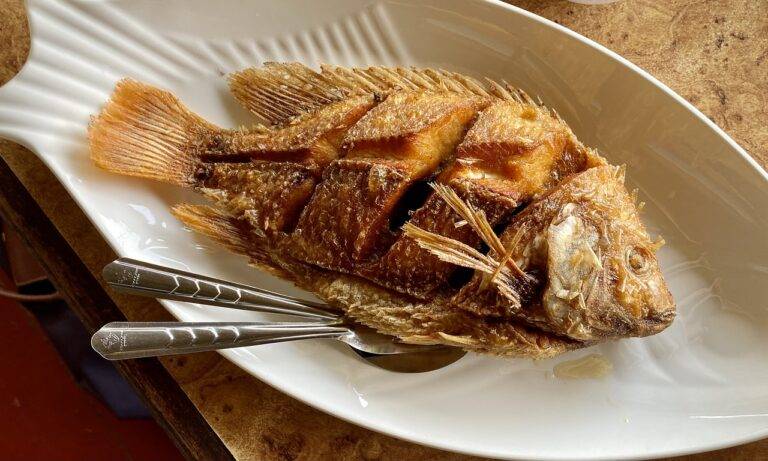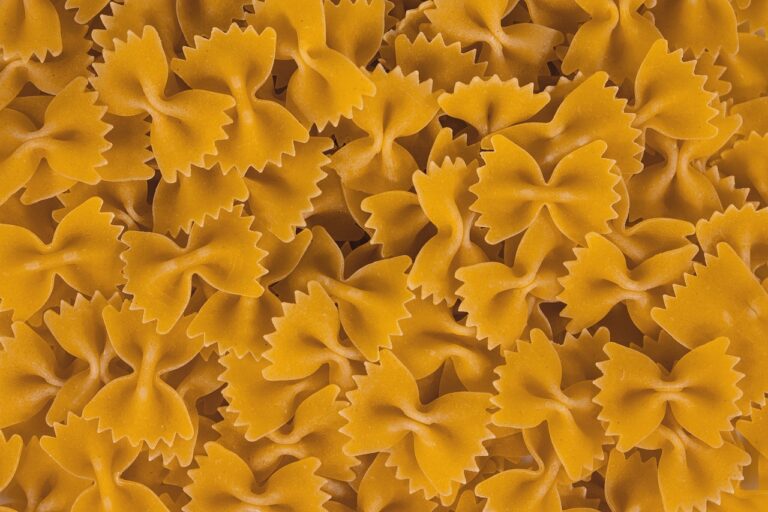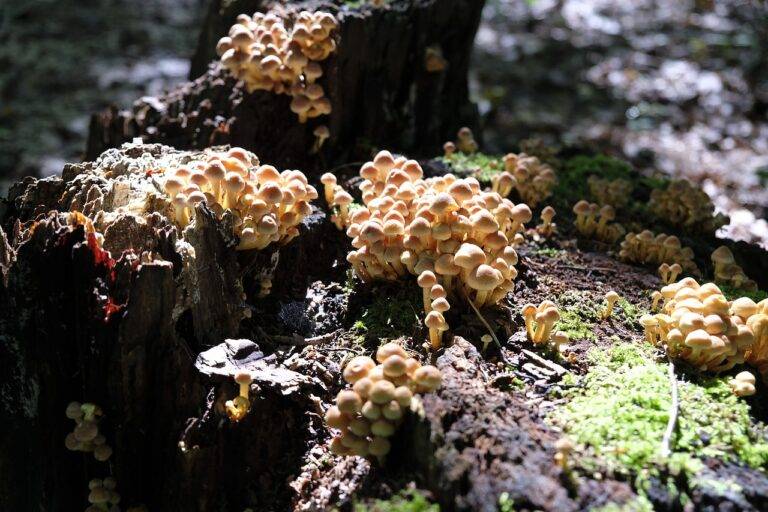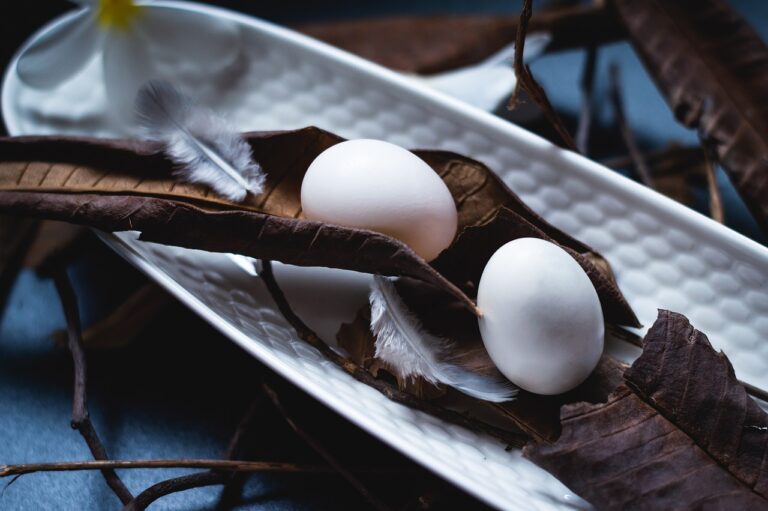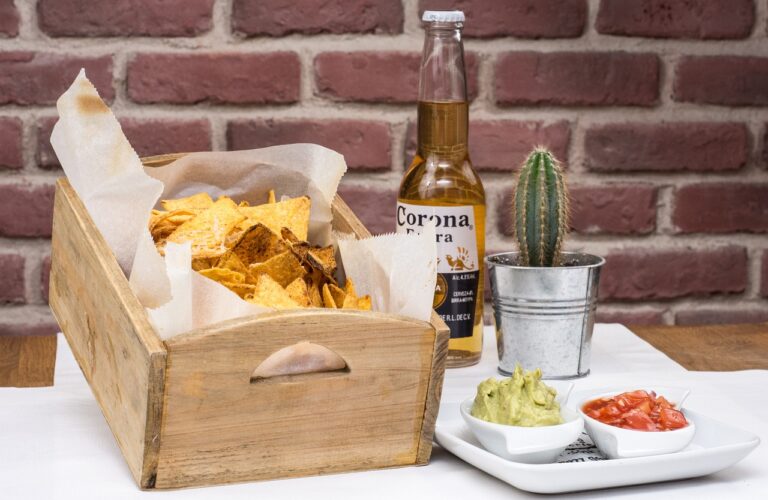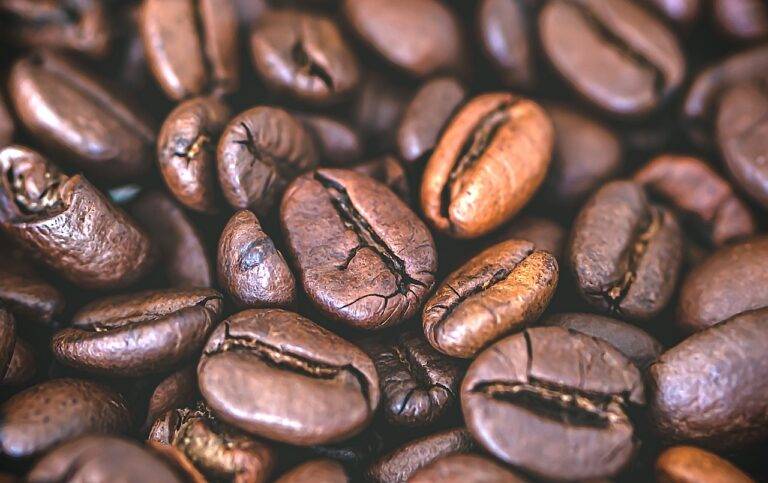Olive Oil Production in Morocco: An Overview: Betbhai9 sign up, Playexchange login, Lotus365 vip login
betbhai9 sign up, playexchange login, lotus365 vip login: Olive oil production in Morocco is a centuries-old tradition that has been passed down through generations. The country is known for its high-quality olive oil, which is a staple in Moroccan cuisine and is also exported to markets around the world. In this article, we will provide an overview of olive oil production in Morocco, including the process of cultivation, harvesting, and pressing the olives to extract the oil.
Cultivation of Olive Trees in Morocco:
Morocco is one of the largest producers of olive oil in the world, with olive trees covering more than 1 million hectares of land. The country’s diverse climate and terrain make it ideal for olive cultivation, with different regions producing a variety of olive oil flavors. The most common olive varieties grown in Morocco are Picholine Marocaine, Menara, and Dahbia.
Harvesting Olives in Morocco:
The olive harvesting season in Morocco typically begins in October and lasts until January. During this time, farmers carefully handpick the olives from the trees to ensure that they are of the highest quality. The olives are then transported to local mills where they are pressed to extract the oil.
Pressing Olives to Extract Olive Oil:
Once the olives have been harvested, they are taken to an olive mill where they are cleaned and then crushed to release the oil. The crushed olives are then placed in a press, where the oil is separated from the pulp and water. The oil is then filtered and stored in barrels or bottles for sale.
Quality Control in Moroccan Olive Oil Production:
Moroccan olive oil is known for its superior quality, thanks to strict regulations and standards set by the government. The Ministry of Agriculture in Morocco oversees the production of olive oil and ensures that all producers adhere to these standards. This includes regular inspections of olive groves and mills to guarantee the quality and purity of the oil.
Exporting Moroccan Olive Oil:
Moroccan olive oil is in high demand both domestically and internationally. The country exports a significant amount of olive oil to Europe, where it is prized for its rich flavor and high nutritional value. Moroccan olive oil is also becoming popular in markets in the United States and Asia, as consumers become more aware of its health benefits.
Sustainability in Olive Oil Production:
Morocco is committed to sustainable olive oil production, with many producers using organic farming practices to protect the environment and maintain soil health. This includes the use of natural fertilizers, crop rotation, and water conservation techniques to ensure the long-term viability of olive cultivation in the country.
Conclusion:
Morocco’s olive oil industry is thriving, thanks to a long history of olive cultivation and a commitment to quality and sustainability. With its unique flavors and high nutritional value, Moroccan olive oil continues to be a favorite among consumers around the world.
FAQs:
1. Is Moroccan olive oil organic?
Many producers in Morocco use organic farming practices to produce olive oil, but not all olive oil from Morocco is certified organic. It is best to look for the organic label when purchasing Moroccan olive oil if you prefer organic products.
2. What makes Moroccan olive oil different from other varieties?
Moroccan olive oil is known for its rich flavor profile, which includes fruity, nutty, and peppery notes. The unique climate and terrain in Morocco contribute to the distinct taste of Moroccan olive oil.
3. Can I visit an olive oil production facility in Morocco?
Yes, many olive oil producers in Morocco offer guided tours of their facilities, where visitors can learn about the olive oil production process and even participate in olive harvesting and pressing activities.
4. Is Moroccan olive oil good for cooking?
Yes, Moroccan olive oil is excellent for cooking, thanks to its high smoke point and rich flavor. It is commonly used in Moroccan dishes such as tagines, couscous, and salads.


